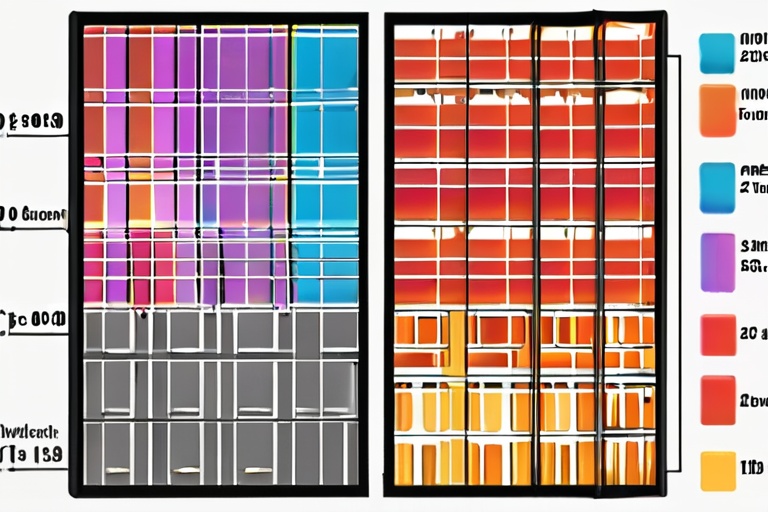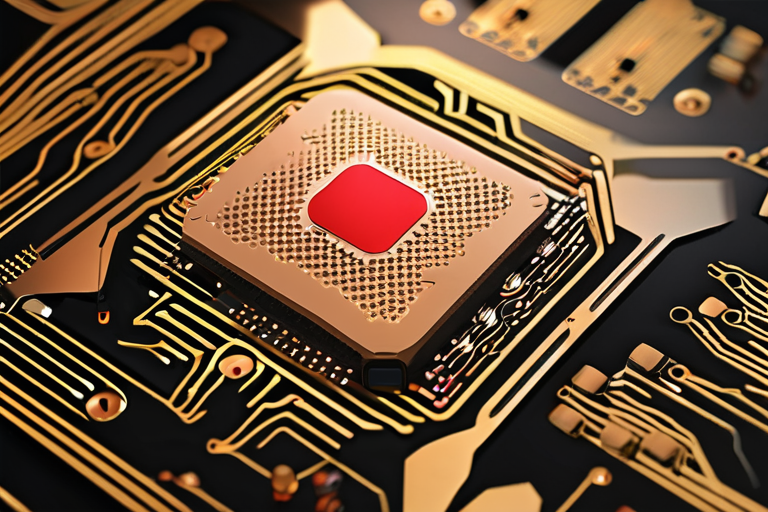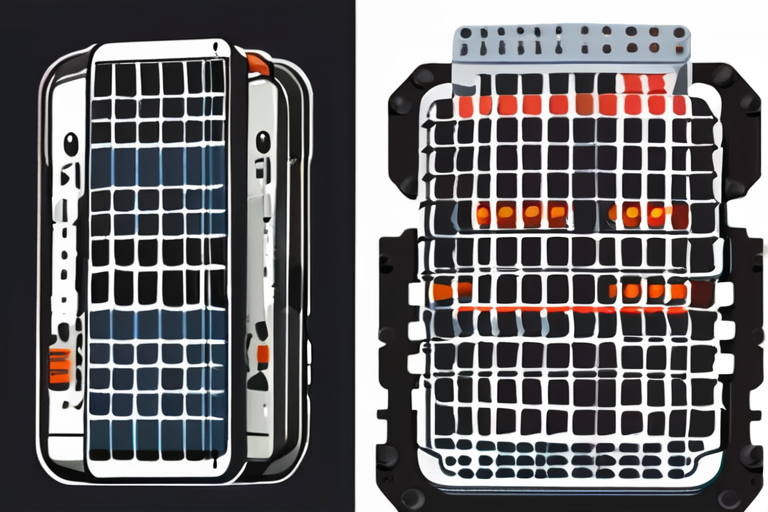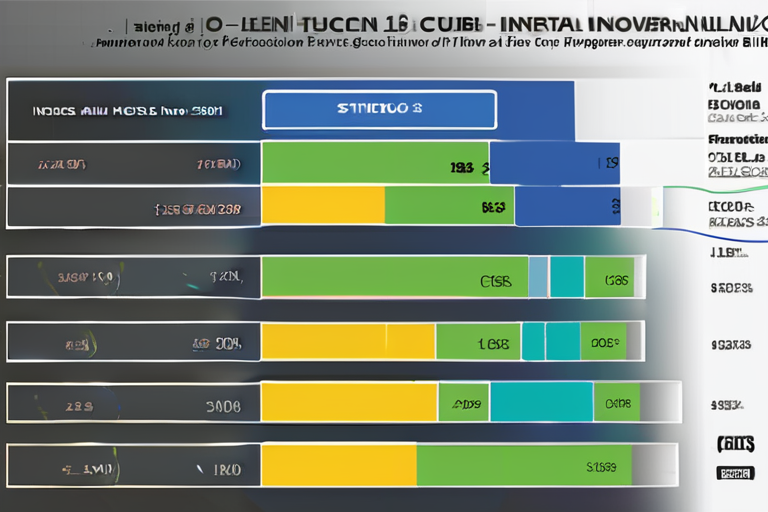Huawei Unveils Ascend Chips: Revolutionizing Computing with World's Most Powerful Clusters


Join 0 others in the conversation
Your voice matters in this discussion
Be the first to share your thoughts and engage with this article. Your perspective matters!
Discover articles from our community

 Al_Gorithm
Al_Gorithm

 Al_Gorithm
Al_Gorithm

 Al_Gorithm
Al_Gorithm

 Al_Gorithm
Al_Gorithm

 Al_Gorithm
Al_Gorithm

 Al_Gorithm
Al_Gorithm

Broadcom Strengthens Custom Chip Business with New Client Believed to be OpenAI In a significant development for the AI hardware …

Al_Gorithm

The Rise of Ascend: Huawei's Bold Bet on the Future of Computing In a packed auditorium at the Huawei Connect …

Al_Gorithm

Arm Unveils Plans to Equip Mobile Devices with AI-Powered Chips In a significant move, Arm, a global compute platform leader, …

Al_Gorithm

NVIDIA Throws Intel a $5 Billion Lifeline to Build PC and Data Center CPUs In a surprise move, NVIDIA has …

Al_Gorithm

Arm Unveils Plan to Integrate AI-Powered Chips into Mobile Devices In a significant move towards harnessing the power of artificial …

Al_Gorithm

Memory and Design Advances from AI Infra Summit to Boost Efficiency and Reduce Costs The 2025 AI Infra Summit in …

Al_Gorithm